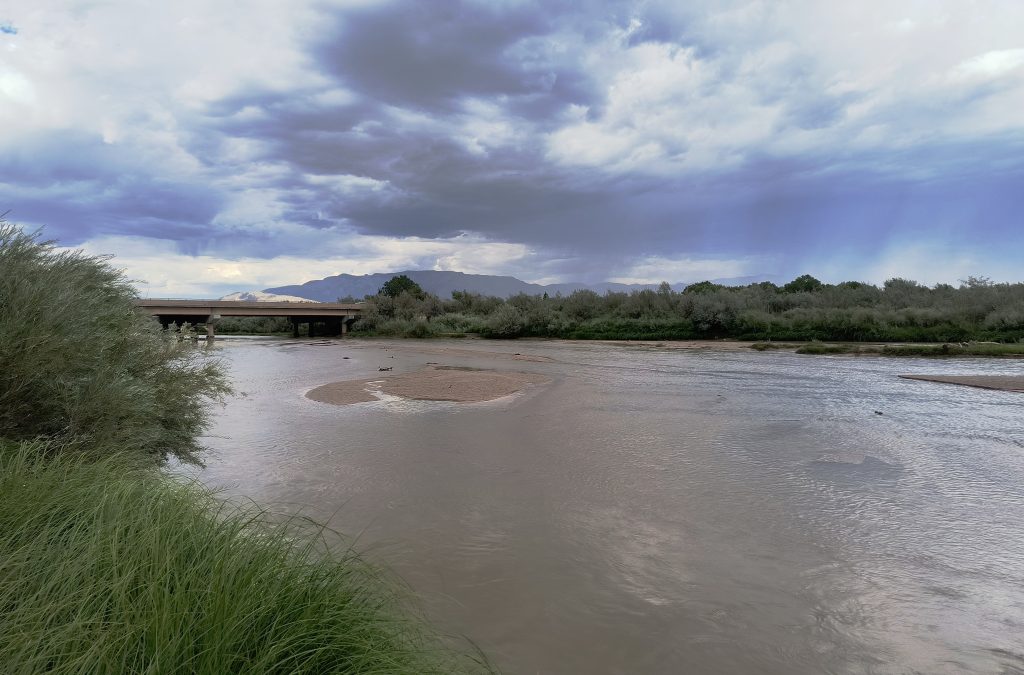U.S. Rep. Xochitl Torres Small, a Democrat in New Mexico’s highly conservative southern New Mexico district, rebuked a progressive colleague for cheering the recent dramatic drop in oil and gas prices.
Torres Small represents a heavily conservative district that includes the state’s portion of the Permian Basin, one of the most oil-rich areas in the world.
“A champion for the working class should be a champion for all workers,” Torres Small said on Tuesday, in response to tweets from Alexandria Ocasio-Cortez.
Ocasio-Cortez of New York, like Torres Small a freshman Democrat, is a prominent progressive and the most prominent rising star of the left wing of the party.
Ocasio-Cortez tweeted, “You absolutely love to see it,” a Twitter meme, in reply to the unprecedented drop in oil and gas futures on Monday that saw prices drop to negative for the first time in history.
“Fossil fuels are in long-term structural decline,” she continued. “This along w/ low interest rates means it’s the right time to create millions of jobs transitioning to renewable and clean energy. A key opportunity.”
Ocasio-Cortez later deleted the tweet, replacing it with one that said, “Now is the time to create millions of good jobs building out the infrastructure and clean energy necessary to save our planet for future generations. For our economy, our planet, and our future, we need a #GreenNewDeal.”
Torres Small released a statement Tuesday evening that said, “In New Mexico, the working class is, in part, made up of tens of thousands of oil and gas workers who have worked hard every day to power our state and now stand to lose their livelihoods. No person should take joy in their suffering. Right now, Americans need their representatives to work together, across party lines, to support communities and families during this crisis.”
Oil and gas revenues are a major part of New Mexico’s revenues and despite efforts to diversify the economy, the state has only become more reliant on the volatile industry’s money.



















